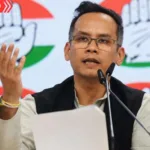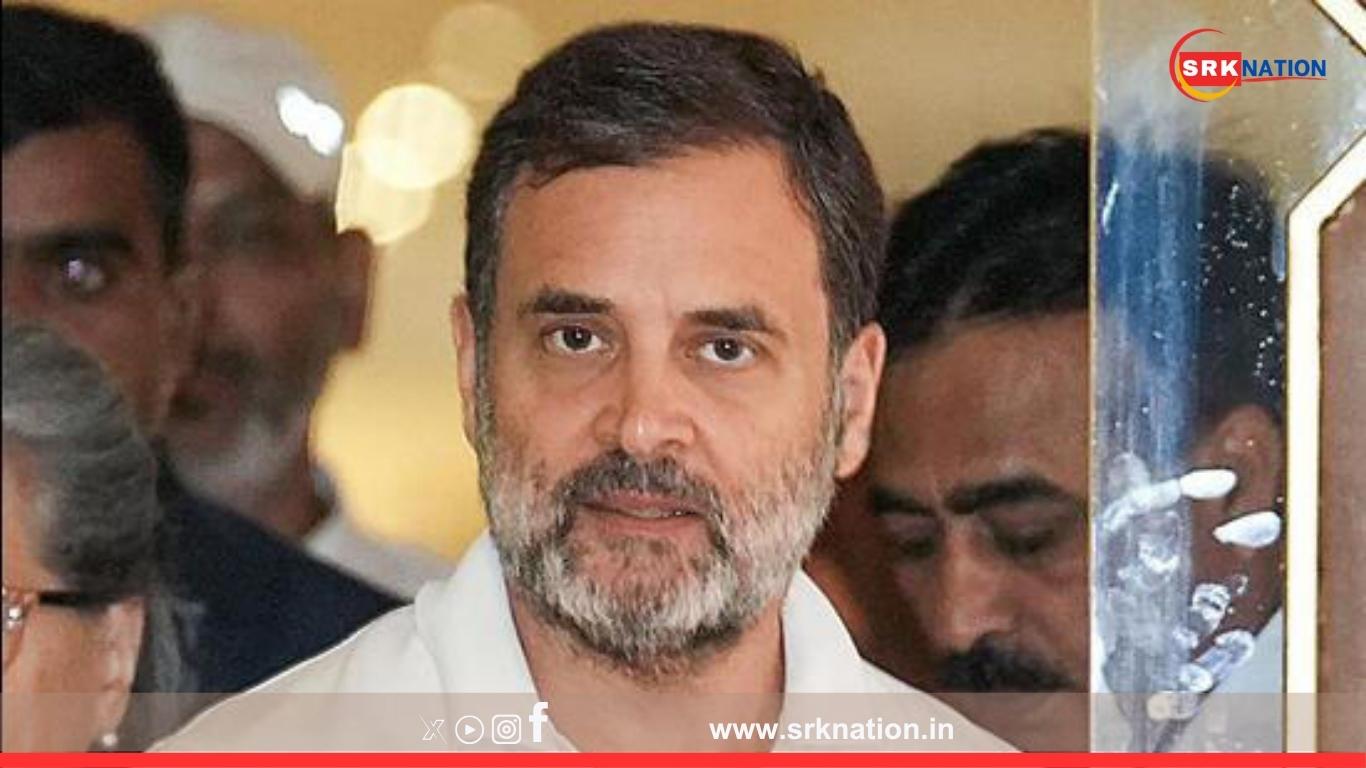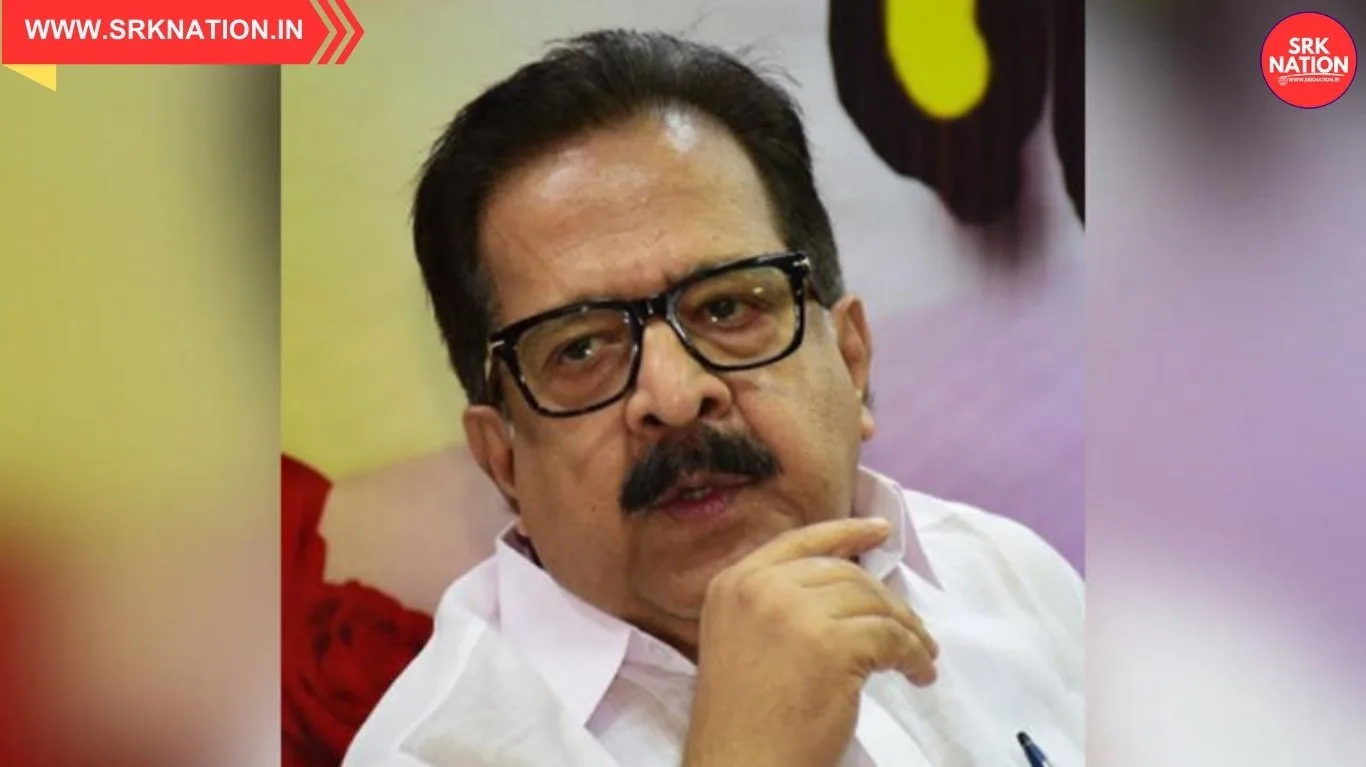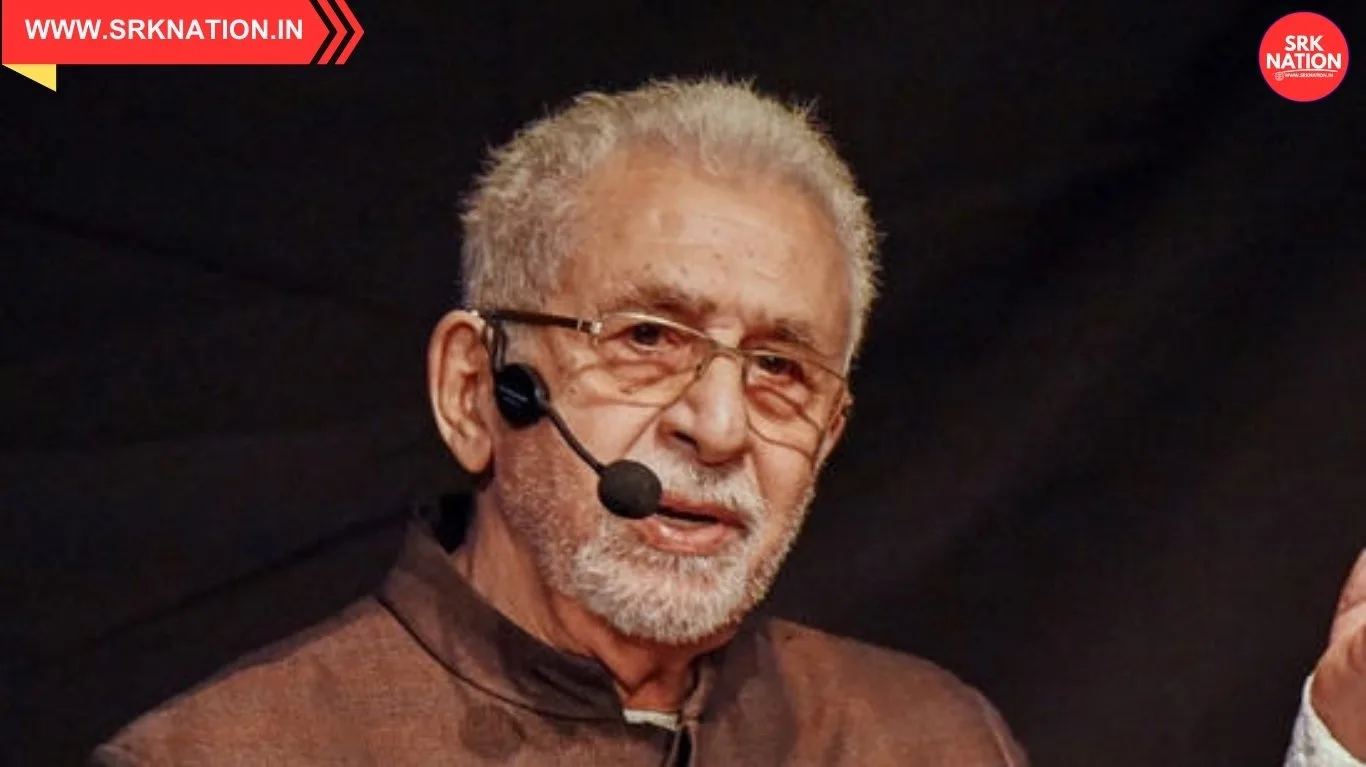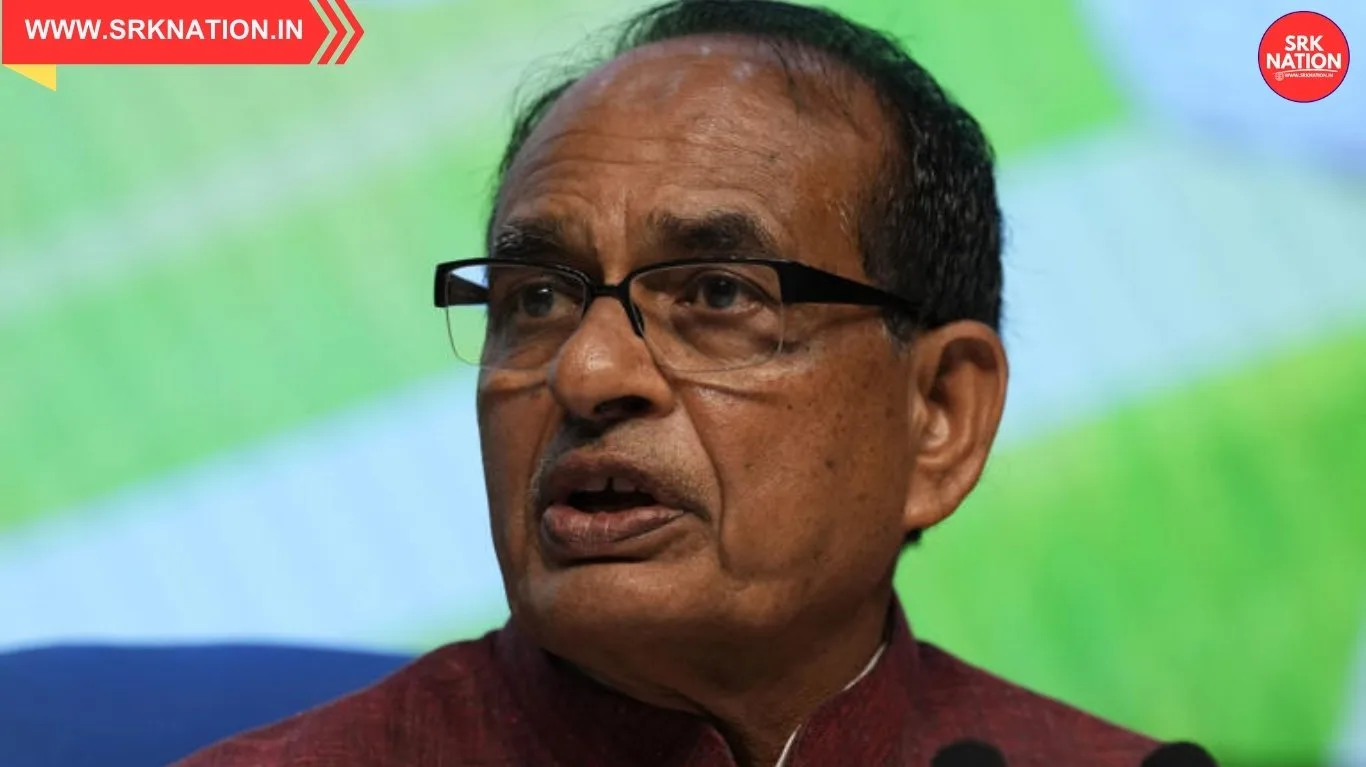Congress leader Rahul Gandhi on Wednesday launched a sharp attack on the BJP-led central government, holding it responsible for the rising incidents of farmer suicides across India. Addressing a press conference in New Delhi after meeting a delegation of distressed farmers from Maharashtra, Karnataka, and Telangana, Gandhi accused Prime Minister Narendra Modi’s policies of creating an environment of despair among cultivators.
He said:
“Under this government, farmers have been left to die. The BJP has betrayed them repeatedly. They promised doubling of income, but today farmers are forced to take their own lives due to debt, crop loss, and lack of fair prices.”
Key Points Raised by Rahul Gandhi
During his address, Gandhi made the following allegations against the Modi government:
- MSP Betrayal: The BJP has failed to provide legal guarantee for Minimum Support Price (MSP), forcing farmers to sell below cost.
- Rising Debt: Farm input costs have risen sharply without adequate compensation, pushing marginal farmers into unmanageable debt traps.
- Crop Insurance Failure: The PM Fasal Bima Yojana has benefitted insurance companies more than farmers, as claims are often denied citing technical reasons.
- Climate Impact Neglect: No effective national action plan to protect farmers from heatwaves, erratic monsoons, and droughts affecting yields.
- Corporate Bias: Policies such as the withdrawn farm laws were designed to benefit corporates at the expense of farmers’ market autonomy.
Recent Data on Farmer Suicides
As per National Crime Records Bureau (NCRB) provisional data for 2024, released in June 2025:
| State | Farmer Suicides (2024) | Farmer Suicides (2023) | Change (%) |
|---|---|---|---|
| Maharashtra | 4,876 | 4,478 | +8.9 |
| Karnataka | 2,412 | 2,245 | +7.4 |
| Telangana | 1,913 | 1,702 | +12.4 |
| Madhya Pradesh | 1,738 | 1,699 | +2.3 |
| Andhra Pradesh | 1,101 | 1,089 | +1.1 |
| Punjab | 742 | 663 | +11.9 |
| Tamil Nadu | 534 | 481 | +11.0 |
| Others | 4,294 | 4,058 | +5.8 |
| India Total | 17,610 | 16,415 | +7.3 |
The data indicates a worrying increase in farmer suicides despite repeated assurances of agrarian reforms and welfare schemes by the Centre.
BJP’s Response
Responding to Gandhi’s allegations, BJP spokesperson Gaurav Bhatia said:
“Congress is shedding crocodile tears. Rahul Gandhi’s party ruled for decades but failed to address structural issues in agriculture. Under PM Modi, record MSP procurement, PM Kisan cash transfers, irrigation projects, and Kisan Credit Card expansion have empowered farmers.”
He accused Gandhi of politicising farmer issues for electoral gains.
Congress’ Proposed Measures for Farmer Welfare
Rahul Gandhi outlined a set of demands and policy suggestions to alleviate the crisis:
- Legal Guarantee for MSP: Immediate enactment of law to ensure MSP as a legal right covering all crops.
- Loan Waiver Scheme: One-time waiver of institutional farm loans to reset debt burden for marginal and small farmers.
- Revamp of Crop Insurance: Make PM Fasal Bima Yojana farmer-centric with direct claim settlements and transparent grievance redressal.
- Climate Adaptation Fund: Special allocation to create localised irrigation, solar pumps, and resilient seed banks.
- Input Cost Subsidy: Subsidise fertiliser, diesel, and seed costs to reduce cultivation expenditure.
- Farmers’ Commission: Establish an independent Farmers’ Commission with statutory powers to protect farmer interests.
Ground Realities from Farmer Delegation
Farmers from Vidarbha (Maharashtra), Raichur (Karnataka), and Warangal (Telangana) shared their plight with Rahul Gandhi:
- Vidarbha Cotton Farmer: “We got ₹5,600 per quintal against an MSP of ₹6,620. Traders buy below MSP without fear of law.”
- Raichur Paddy Farmer: “We lost half our crop to unseasonal rains. Insurance company rejected our claim citing satellite data mismatch.”
- Warangal Chillies Farmer: “Cost of production is ₹11,000 per quintal but market price is only ₹9,000. We are selling at a loss.”
Their testimonies highlighted gaps in MSP implementation, insurance compensation, and market price volatility.
PM Kisan Scheme Status
As per Ministry of Agriculture updates:
| Installment | Amount (₹) | Beneficiaries (crore) | Total Disbursed (₹ crore) |
|---|---|---|---|
| 15th | 2,000 | 8.24 | 16,480 |
| 16th | 2,000 | 8.16 | 16,320 |
| Cumulative (since launch) | 24,000 | – | 2,58,560 |
While the government claims PM Kisan has supported farmers’ cash flows, critics argue the annual ₹6,000 support is inadequate to address structural income deficits.
Policy Analyst Perspectives
Agricultural economists suggest:
- MSP Legalisation: Could stabilise incomes but requires market and procurement infrastructure readiness.
- Loan Waivers: Provide temporary relief but do not address long-term viability or diversification needs.
- Insurance Reforms: Must prioritise data accuracy, speedy payouts, and local loss assessment models.
- Climate Resilience: Essential to integrate weather-based crop planning, micro-irrigation, and agroforestry for risk mitigation.
Political Implications
Rahul Gandhi’s sharp focus on agrarian distress aligns with Congress’ broader strategy to position itself as a farmers’ party ahead of upcoming state elections in Maharashtra, Haryana, and Jharkhand later this year.
Analysts believe farmer welfare will remain a core political narrative in the 2029 Lok Sabha elections, as agricultural votes influence outcomes in over 250 constituencies.
Recent Government Announcements
The Modi government recently launched:
| Initiative | Objective | Budget (₹ crore) |
|---|---|---|
| PM PRANAM Yojana | Promote balanced fertiliser use and reduce urea dependence | 8,000 |
| Nano Urea Plants Expansion | Enhance domestic nano urea production | 2,000 |
| Digital Crop Survey | Accurate yield and loss mapping | 1,200 |
| Oilseed Mission 2.0 | Reduce edible oil import dependence | 11,040 |
| Solarisation of Pumps | Reduce diesel cost burden and improve irrigation reliability | 4,350 |
However, farmer groups argue these policies lack implementation efficiency and grassroots access, especially for smallholders.
Conclusion
Rahul Gandhi’s strong criticism of the BJP government over rising farmer suicides has reignited the agrarian crisis debate. While the government cites welfare schemes and record procurement as evidence of pro-farmer policies, the increasing suicide numbers underline a persistent structural crisis in Indian agriculture. Effective resolution will require integrated reforms encompassing MSP legalisation, debt relief, insurance overhaul, climate adaptation, and rural employment diversification to ensure India’s farmers not only survive but thrive.
Disclaimer: This news report is based on political statements, official data, and stakeholder interviews. It does not express personal opinions or policy recommendations.

